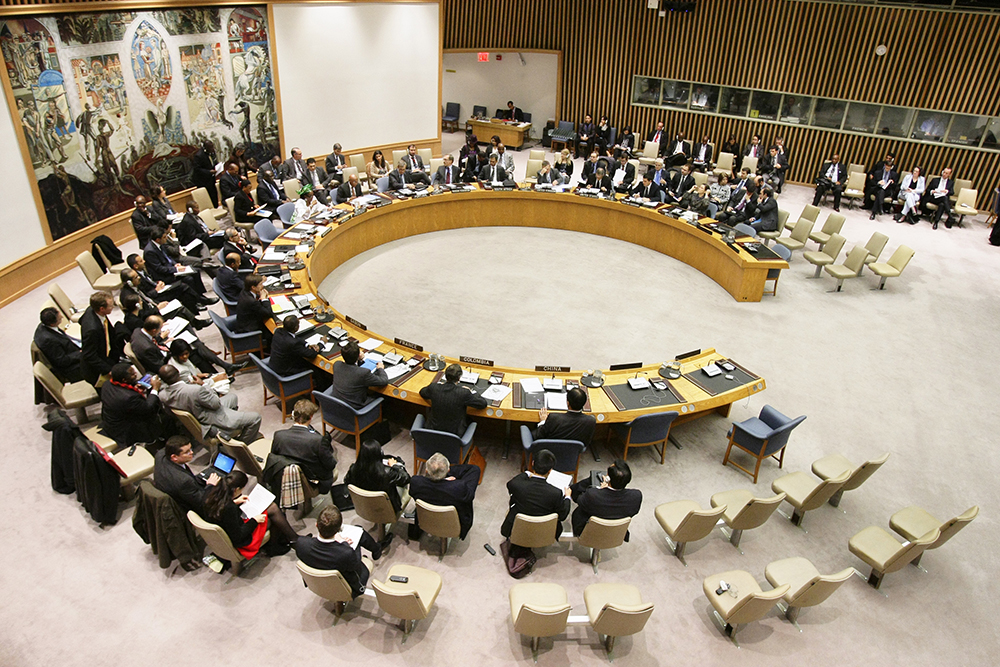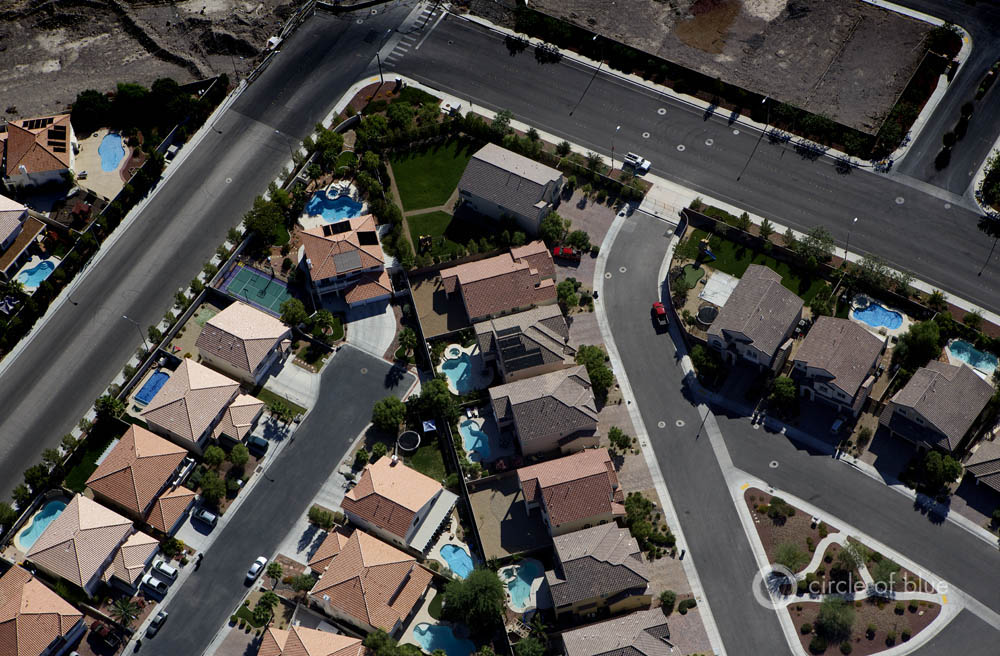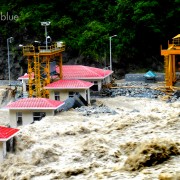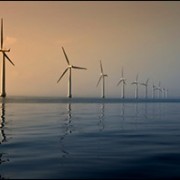Make Water A Priority: Former Government Leaders Call on UN Security Council
The time is increasingly right for high-level action, the group’s water policy advisor tells Circle of Blue.

By Brett Walton
Circle of Blue
Water issues have surged to global prominence recently, but better management, new partnerships, and more investment is needed to protect human health, prevent conflict, and ensure economic and environmental vitality. These are a few of the conclusions from the InterAction Council (IAC), a public-policy group comprising 40 former heads of state and government, including former U.S. President Bill Clinton and former South African President Nelson Mandela.
The group’s recommendations to government leaders and international institutions are accompanied by a series of essays on the global water crisis in a book being released September 11 by the United Nations University. The book concludes the IAC’s global water security assessment, which began with a meeting of experts in Toronto in March 2011.
The most worrisome scenario the experts contemplated is that the world’s demand for water — to grow food for another 3 billion people by 2050 and to support rising affluence — will run up against resource limits and lead to violent conflict, especially in areas where water is already scarce or where political tensions are tightly wound.
Research has shown that, in the 20th century, cooperation was the far more common outcome, but the old hydrological balance is shifting: in many areas, water supplies are declining because of both natural and man-made climate changes; in others, precipitation that used to fall as snow is now coming as rain, meaning that a natural storage system is being lost.
So in the years ahead, some argue, human relations may not necessarily follow familiar patterns.
Just last month, 53 people died in Kenya from clashes between two rival ethnic groups in a years-long dispute over water and access to grazing land.
“The future political impact of water scarcity may be devastating,” said former Jean Chrétien, Canadian Prime Minister and IAC co-chair, in a statement. “Using water the way we have in the past simply will not sustain humanity in future. The IAC is calling on the United Nations Security Council to recognize water as one of the top security concerns facing the global community.”
Leaders Seeking Leadership
Founded nearly three decades ago, the InterAction Council does what the political process often hindered its members from doing while in office — focus on long-term problems that have global consequences.
The council emphasizes three themes: peace and security, economic systems, and ethical standards. Water, as the book makes clear, touches all three.
Gro Harlem Brundtland, the former Prime Minister of Norway, writes in the book’s foreword that systems for managing water have not kept pace with hydrological, economic, and demographic changes.
“We are not facing water scarcity so much as we are facing water governance issues,” she writes.
At the same time, the water management systems that do exist are often not democratic. Many stakeholders, including indigenous peoples and other countries in shared river basins, do not have a voice in decisions that affect their lives.
Bob Sandford, a water policy advisor to the IAC, believes that there is a leadership vacuum, because water management is fragmented between groups and sectors.
–Geoff Dabelko, professor
Ohio University
“The Security Council can underscore the importance of thinking about water in the context of economic and national security,” he told Circle of Blue.
Yet there are significant limits to the Security Council’s influence. The council can bring attention to a problem, but doing something about it is more difficult. Some council members — Russia and China in particular — even question whether it is the proper place within the U.N. system to address topics such as water or climate change, which fall outside of the traditional, military-centered view of security.
“Turning attention from the Security Council into practical action is a challenge because of the tool set they have,” explained Geoff Dabelko, the director of environmental studies at Ohio University and the former director of the Environmental Change and Security Program at the Woodrow Wilson Center, a think tank partly funded by Congress.
Dabelko, who is not affiliated with the IAC, told Circle of Blue that the typical Security Council instruments — economic sanctions, peace-keeping forces, and military action — are not well-suited to address water issues.
First Time, But Nothing New
The most vigorous arguments for why the Security Council should consider water came during a July 2011 meeting on climate change. Representatives from more than 50 countries and multinational organizations told the council that the effects of climate change would be felt through water scarcity and poor harvests.
Pedro Serrano, then the acting head of the European Union delegation, said that “access to water and water availability may be both a great human security threat and a threat to regional stability, which may lead to serious disputes.”
If the Security Council has heard this story before, then the IAC has also preached it. For the IAC, too, is treading on somewhat beaten ground.
–Bob Sandford, water policy advisor
InterAction Council
Sandford points out that this is the first time the group of former world leaders has identified water as a stand-alone global issue. However, in a 1990 report titled Ecology and the Global Economy, the IAC included a set of water recommendations that were quite similar to those submitted this week.
More than two decades have passed with only moderate progress on things like integrated management and better pricing, which might cause some to despair. But Sandford says the right moment for action may just now be coming along.
“It’s a matter of timing,” he said. “Water is rising very quickly on government agendas, because the range of effects is much greater now.”
Even rich countries like the United States, which released a water security assessment in March, now view water scarcity as a matter of national security.
“For the first time in my career in water,” Sandford added, “the log jam is starting to break.”
Brett writes about agriculture, energy, infrastructure, and the politics and economics of water in the United States. He also writes the Federal Water Tap, Circle of Blue’s weekly digest of U.S. government water news. He is the winner of two Society of Environmental Journalists reporting awards, one of the top honors in American environmental journalism: first place for explanatory reporting for a series on septic system pollution in the United States(2016) and third place for beat reporting in a small market (2014). He received the Sierra Club’s Distinguished Service Award in 2018. Brett lives in Seattle, where he hikes the mountains and bakes pies. Contact Brett Walton







Leave a Reply
Want to join the discussion?Feel free to contribute!